In recent times, the world has witnessed a rise in conflicts, with one after another making headlines. From President Joe Biden’s administration to the British Prime Minister Rishi Sunak’s visit to Tel Aviv, the tension seems to be escalating. This article aims to delve into the various aspects of these conflicts and shed light on their implications.
What are the reasons behind the increasing conflicts?
The reasons behind the increasing conflicts can be attributed to a multitude of factors. Firstly, geopolitical tensions and power struggles between nations have always been a driving force for conflict. With the United States under President Biden taking a firmer stance on certain issues, it has inevitably caused ripple effects and triggered responses from other countries. Secondly, economic disparities and resource competition are significant contributors to conflicts as well. As nations vie for limited resources such as oil, water, or land, tensions often escalate into full-blown confrontations. Additionally, ideological differences and religious extremism also play a role in fueling conflicts. These deeply ingrained beliefs can lead to clashes between different groups or even entire nations. It is crucial for world leaders to address these underlying causes and strive towards diplomatic solutions that promote peace and stability in an increasingly turbulent world.
– Analyzing the policies and actions of President Joe Biden.
– Examining the role of British Prime Minister Rishi Sunak.
– Understanding the situation in Tel Aviv.
How has President Joe Biden contributed to the rising conflicts?
President Joe Biden has played a significant role in the escalating conflicts. His administration’s firm stance on certain issues has caused ripple effects and triggered responses from other countries. Under his leadership, the United States has adopted a more assertive approach in dealing with geopolitical tensions, which has not only garnered support but also drawn backlash from various nations. Biden’s policies and actions have sparked intense debates and disagreements, further fueling the flames of conflict. Moreover, his decisions regarding economic disparities and resource competition have had far-reaching consequences. As nations vie for limited resources such as oil, water, or land, tensions have escalated into full-blown confrontations. While Biden’s intentions may be to protect American interests and promote stability, the unintended consequences have contributed to the current crisis. It is crucial for world leaders to carefully analyze these policies and strive towards diplomatic solutions that address underlying causes instead of exacerbating conflicts.
– Discussing key decisions and policies implemented by the Biden administration.
– Examining the impact of changes in foreign policy and international relations.
– Analyzing the response of other countries to Biden’s actions.
What role does British Prime Minister Rishi Sunak play in the escalating conflicts?
British Prime Minister Rishi Sunak’s visit to Tel Aviv adds another layer to the escalating conflicts. As the leader of a prominent global power, his actions and statements hold significant weight in the international community. Sunak’s visit to Tel Aviv could signal support for certain actors or factions involved in the ongoing conflict, which may further exacerbate tensions. Additionally, his presence in the region could be seen as an endorsement of specific policies or actions, potentially influencing the dynamics on the ground. The role of British leaders in global conflicts cannot be underestimated, as they often have historical ties and political influence that can shape outcomes. It is essential to closely monitor Sunak’s statements and actions during his visit to better understand his stance on the conflict and assess its potential impact on future developments. The international community must engage with all relevant parties involved in order to find diplomatic solutions and prevent further escalation of violence.
– Exploring Sunak’s foreign policy and diplomatic initiatives.
– Assessing the implications of Sunak’s visit to Tel Aviv.
– Examining the reactions from various stakeholders regarding Sunak’s actions.
What is the significance of Tel Aviv in the midst of these conflicts?
– Understanding the historical and geopolitical context of Tel Aviv.
– Analyzing the current situation and tensions within the city.
– Discussing the impact of conflicts on the residents and the larger region.
How do these conflicts affect global stability and relations?
– Examining the repercussions on international alliances and partnerships.
– Assessing the economic implications of the conflicts.
– Discussing the potential for diplomatic resolutions and de-escalation.
Conclusion
The increasing conflicts, following President Joe Biden’s policies and the visit of British Prime Minister Rishi Sunak to Tel Aviv, have captured global attention. Understanding the reasons behind these conflicts, analyzing the role of key actors, and assessing the impact on global stability are crucial steps towards finding diplomatic solutions. As tensions continue to rise, it becomes imperative for nations and leaders to engage in dialogue and work towards peaceful resolutions to prevent further escalation.


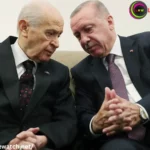









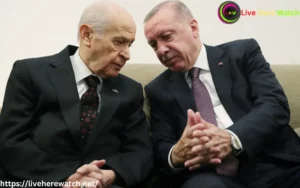

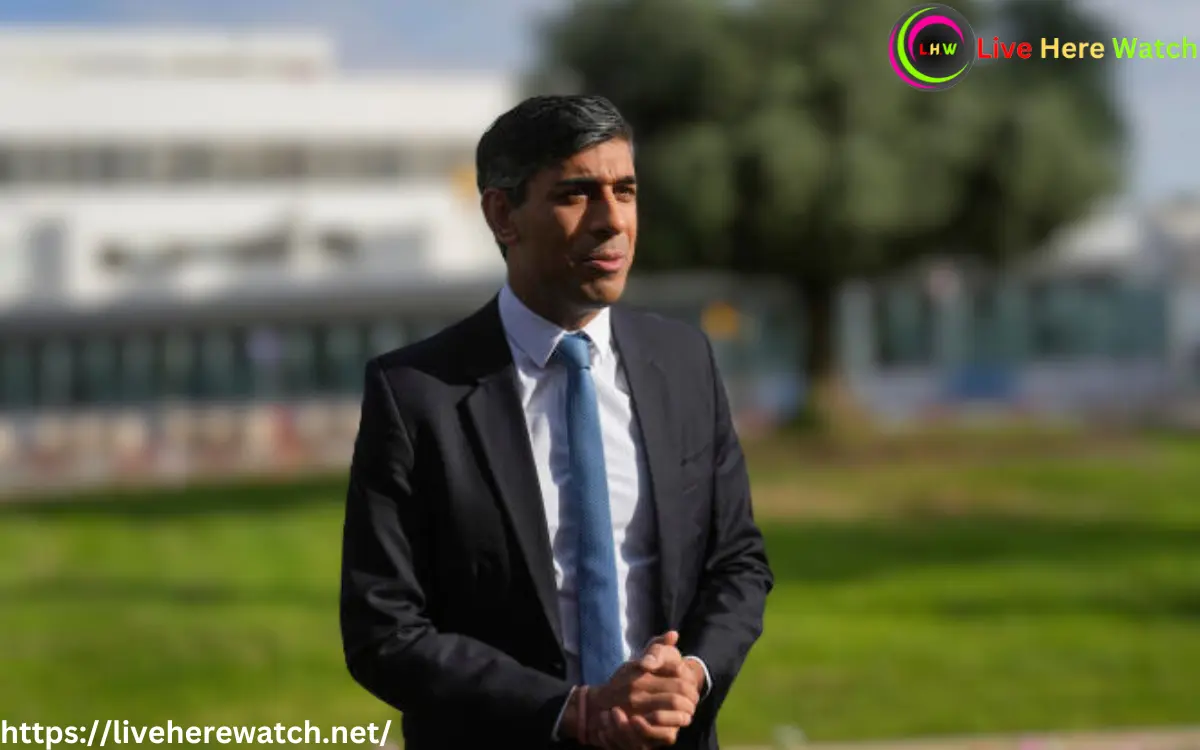
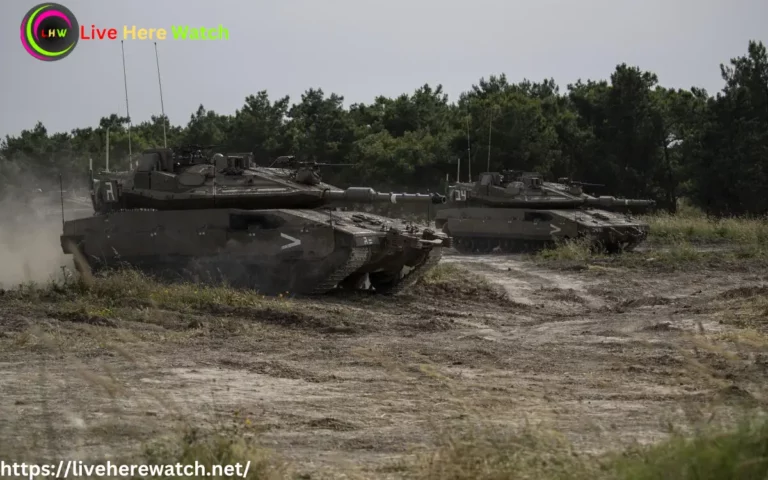

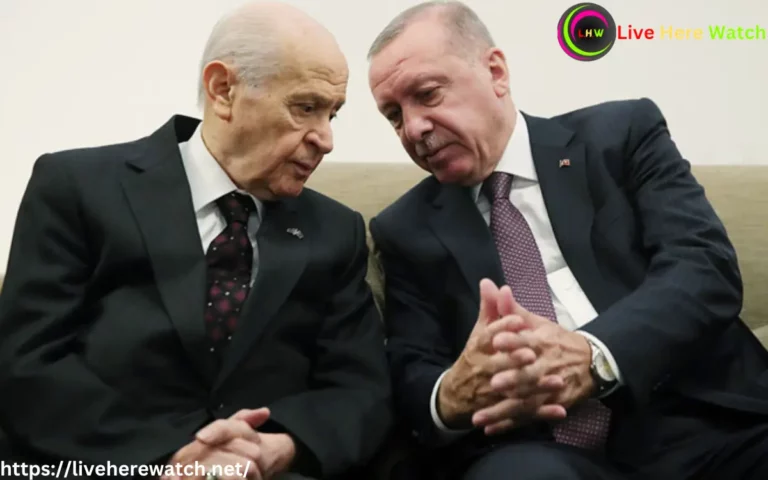


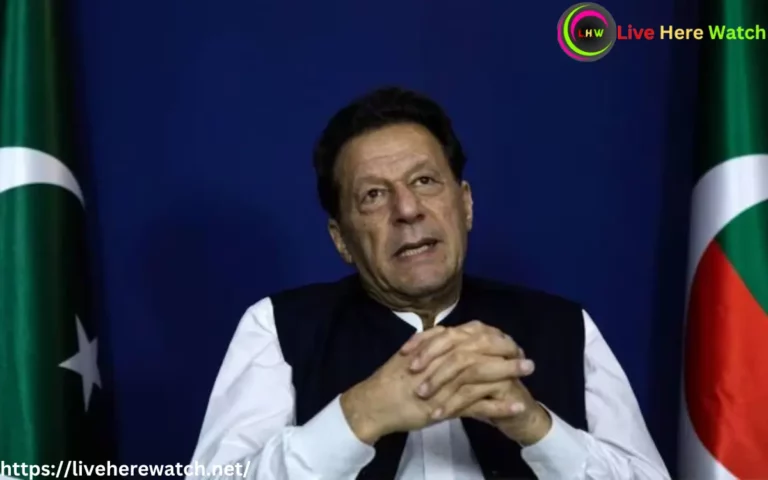



+ There are no comments
Add yours